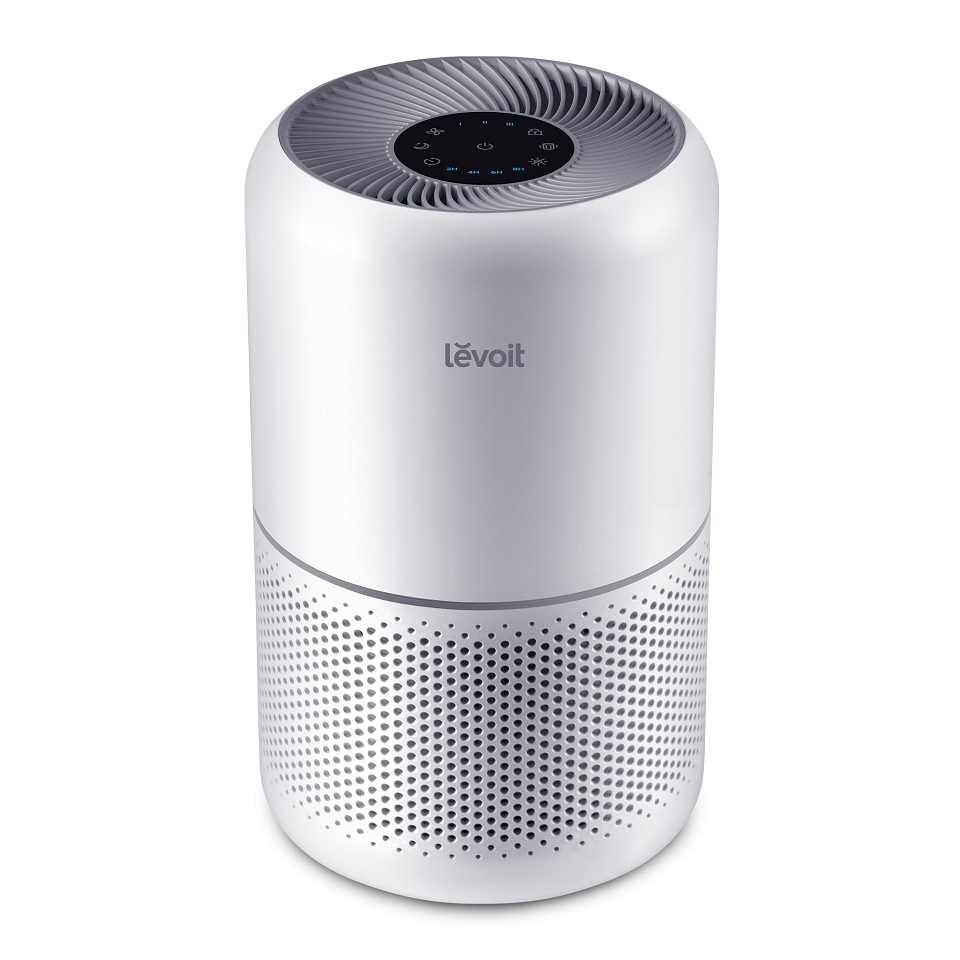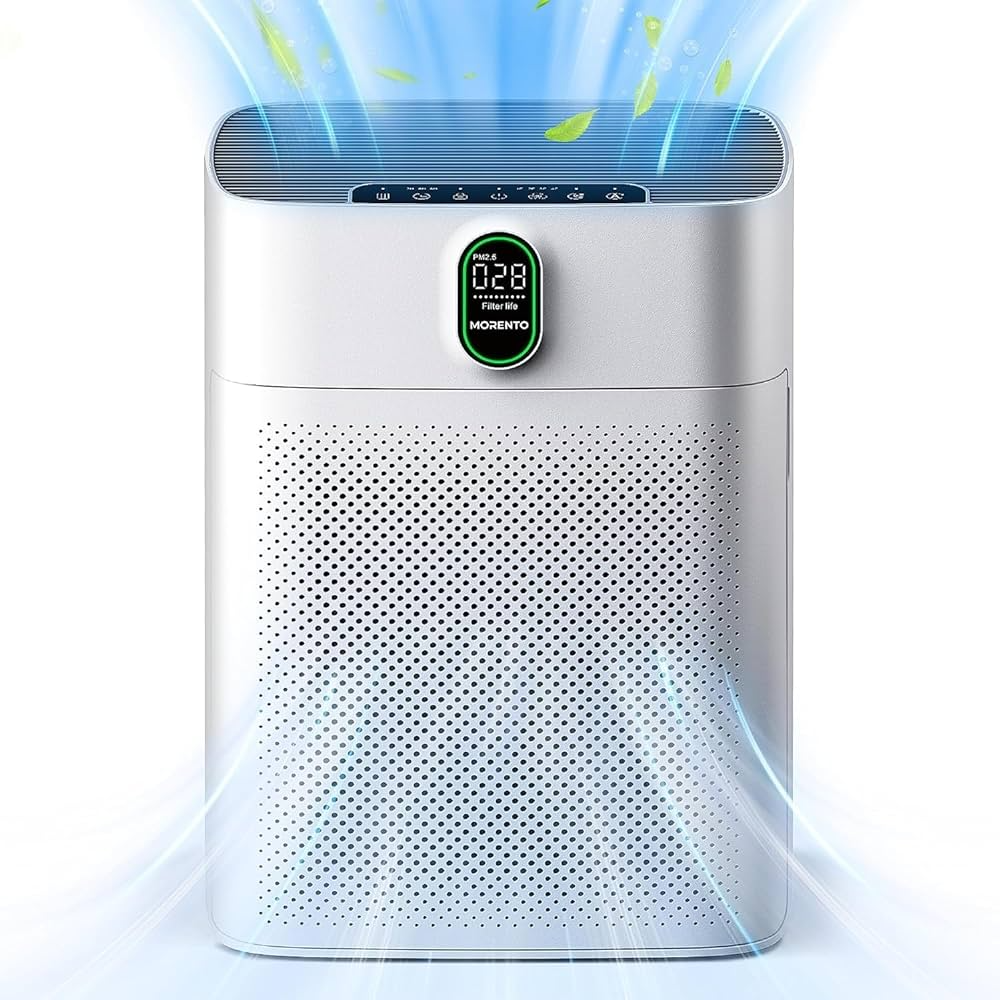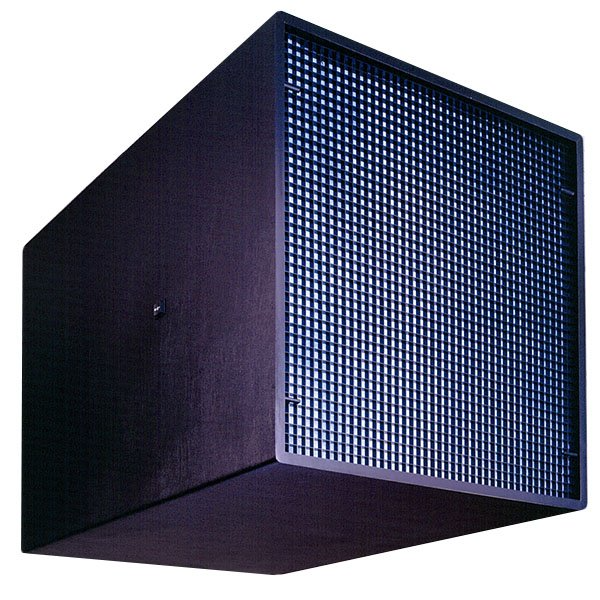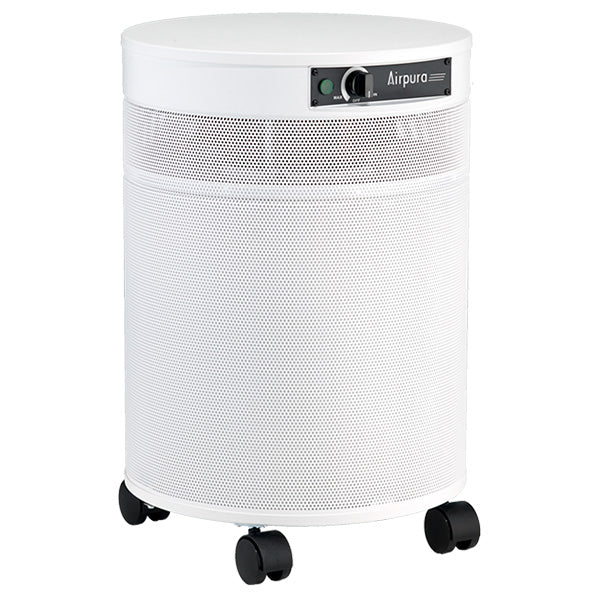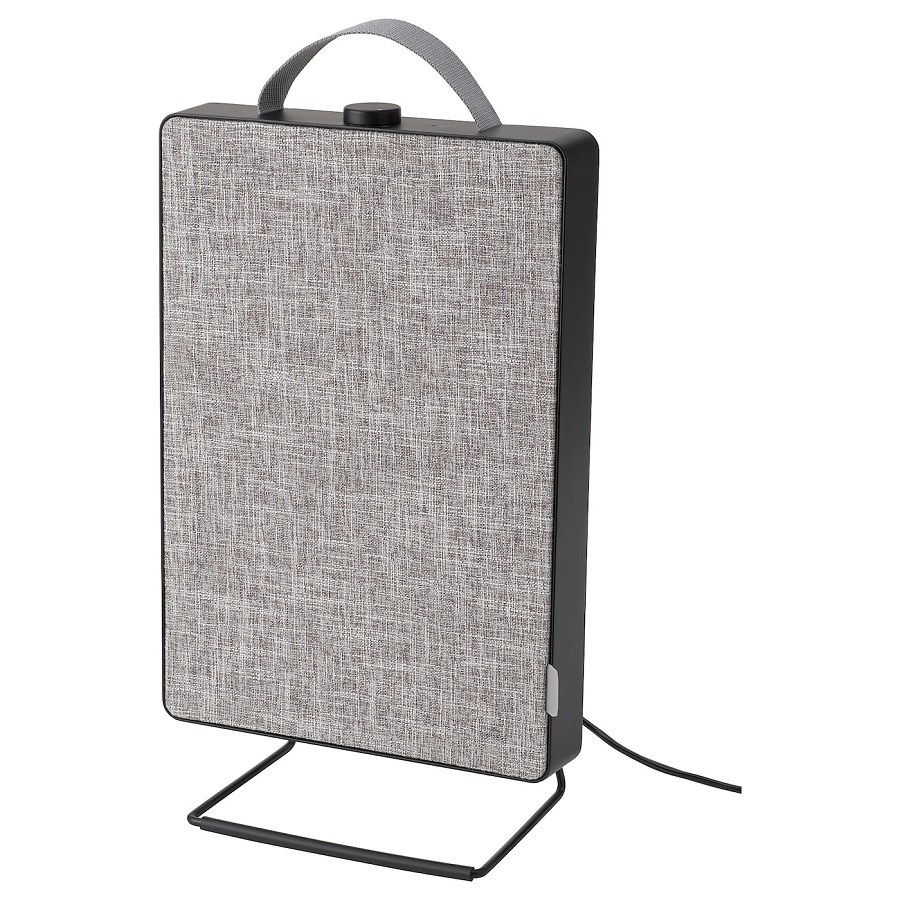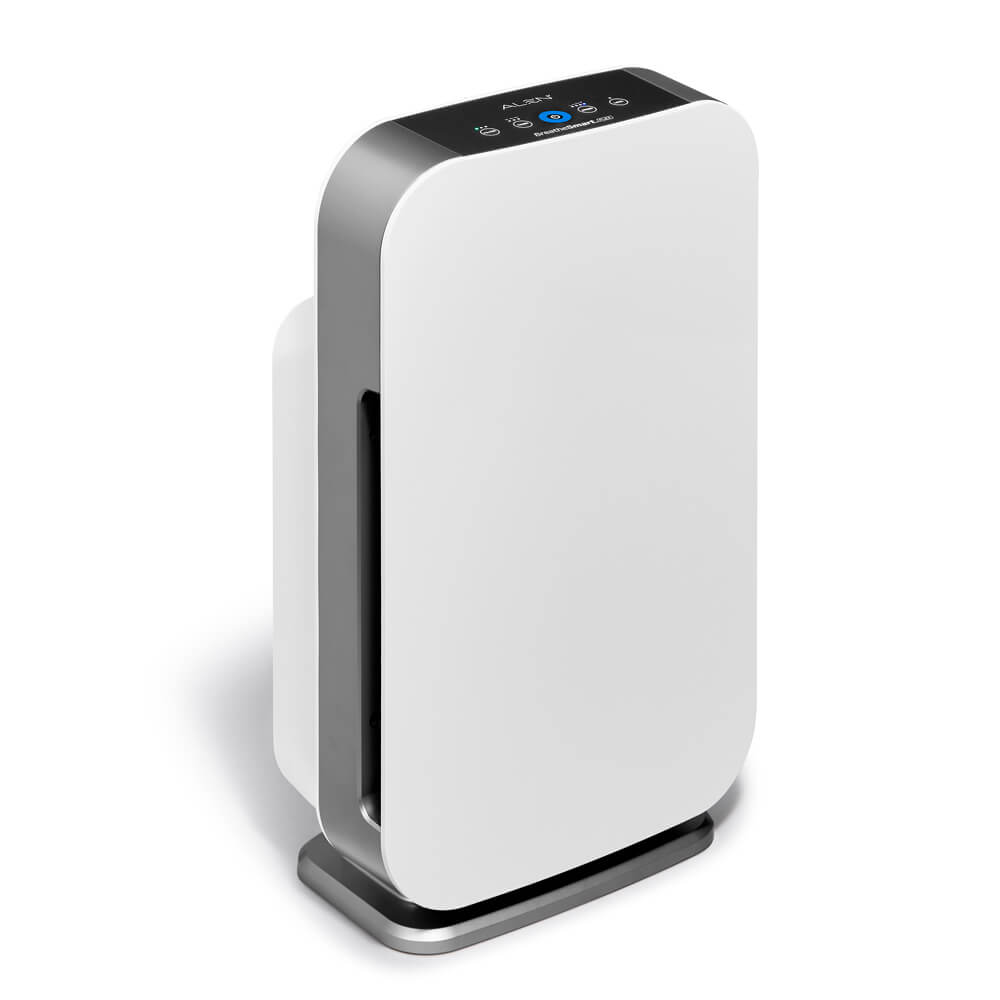The quality of indoor air has a significant impact on our health and well-being. In 2024, with increasing concerns about pollutants and allergens, air purifiers are becoming common household devices. Consequently, evaluating whether an air purifier is worth the investment helps make informed decisions about improving indoor air quality. Therefore, this comprehensive guide explores the benefits, costs, and effectiveness of air purifiers. By examining these aspects, you can determine if an air purifier is a valuable addition to your home, providing cleaner, healthier air for you and your family.
Understanding the Benefits of Air Purifiers
Air purifiers offer various benefits, making them a worthwhile investment for many households. Understanding these advantages helps appreciate their value. Therefore, exploring the benefits of air purifiers is essential.
Improved Indoor Air Quality
Air purifiers significantly impact indoor air quality by removing various pollutants, including dust, pollen, pet dander, and mold spores. These airborne particles can exacerbate respiratory conditions and allergies, impacting overall health. High-efficiency particulate air (HEPA) filters are particularly effective at trapping tiny particles, ensuring cleaner air. In addition to particulate matter, some air purifiers are equipped with activated carbon filters that remove odors and volatile organic compounds (VOCs), creating a fresher indoor environment. By understanding the importance of improved indoor air quality, you can see the value an air purifier brings to your home. Therefore, recognizing the significance of clean air is crucial.
Health Benefits
Another significant benefit of using an air purifier is the positive impact on health. For individuals with asthma, allergies, or respiratory conditions, cleaner air can lead to fewer symptoms and improved overall well-being. Air purifiers help reduce the concentration of allergens and irritants in the air, which can alleviate problems such as sneezing, coughing, and congestion. Moreover, cleaner air can enhance sleep quality, as it reduces nighttime allergens that disturb sleep. By understanding the health benefits, you can appreciate the potential improvements in daily life that an air purifier can provide. Therefore, recognizing the health advantages is essential.
Evaluating the Costs of Air Purifiers
While air purifiers offer numerous benefits, considering the costs involved is important for making a well-rounded decision. Understanding these expenses ensures you can budget effectively. Therefore, exploring the costs of air purifiers is crucial.
Initial Purchase Price
The initial purchase price of an air purifier varies widely based on factors such as brand, size, and features. Basic models can be found for under $100, while high-end devices with advanced features can cost several hundred dollars. For instance, units with HEPA and activated carbon filters typically fall in the higher price range due to their superior filtration capabilities. Before purchasing, assess your needs and the size of the space you intend to purify. By understanding the variations in initial purchase prices, you can choose an air purifier that fits your budget and requirements. Therefore, recognizing the importance of assessing your needs is crucial.
Maintenance Costs
In addition to the initial purchase price, considering ongoing maintenance costs is essential. These costs include replacing filters, which is necessary to maintain the purifier’s effectiveness. HEPA filters generally need replacement every 6 to 12 months, while activated carbon filters may need more frequent changes. Some models offer washable pre-filters that extend the life of the main filters, reducing replacement frequency. Additionally, energy consumption impacts operating costs, so look for energy-efficient models. By understanding the maintenance costs, you can budget accurately for the ongoing expenses of owning an air purifier. Therefore, recognizing the significance of maintenance is essential.
Assessing the Effectiveness of Air Purifiers
Evaluating the effectiveness of air purifiers helps determine their practical value in improving air quality. Understanding their capabilities ensures you can make an informed decision. Therefore, exploring the effectiveness of air purifiers is crucial.
Types of Air Purifiers
Different types of air purifiers offer varying levels of effectiveness based on their filtration technologies. HEPA filters are highly effective at removing particulate matter, capturing up to 99.97% of particles as small as 0.3 microns. Activated carbon filters, on the other hand, excel at removing odors and VOCs but do not capture particles as efficiently as HEPA filters. Some air purifiers combine both HEPA and activated carbon filters for comprehensive air cleaning. Additionally, UV-C light technology is used in some models to kill bacteria and viruses. By understanding the types of air purifiers, you can choose one that best meets your needs. Therefore, recognizing the importance of filtration technologies is crucial.
Coverage Area
Another critical factor in assessing the effectiveness of an air purifier is its coverage area. Air purifiers are rated based on the size of the room they can effectively clean, usually measured in square feet. Choosing an air purifier suited to the specific room size ensures optimal performance. For larger areas, consider portable units that can be moved to different rooms as needed or invest in multiple units. By understanding the coverage area, you can ensure the air purifier meets your spatial needs. Therefore, recognizing the importance of matching the purifier to room size is essential.
Addressing Specific Needs and Scenarios
Different households have specific needs and scenarios that can impact the decision to invest in an air purifier. Understanding these unique considerations ensures a tailored and effective choice. Therefore, exploring specific needs and scenarios is crucial.
Allergies and Asthma
For individuals with allergies and asthma, an air purifier can be particularly beneficial. Allergens such as dust mites, pet dander, and pollen are common triggers for these conditions. An air purifier with a HEPA filter can significantly reduce the concentration of these airborne allergens, providing relief from symptoms and improving overall comfort. By understanding the specific benefits for allergy and asthma sufferers, you can see the value of having an air purifier in such scenarios. Therefore, recognizing the health impact for these conditions is crucial.
Smoking and Odors
Households with smokers or strong odors can also benefit from an air purifier. Tobacco smoke contains harmful particles and chemicals that can linger in indoor air, posing health risks. Air purifiers with activated carbon filters are effective at removing smoke particles and odors, creating a fresher indoor environment. Additionally, they can neutralize other unpleasant odors, such as cooking smells and pet odors. By understanding how air purifiers address smoking and odors, you can enhance indoor air quality for a more pleasant living environment. Therefore, recognizing the importance of odor removal is essential.
Evaluating Environmental Impact
Considering the environmental impact of using an air purifier is important for making a responsible choice. Understanding energy consumption and sustainability helps make an informed decision. Therefore, exploring the environmental impact of air purifiers is crucial.
Energy Efficiency
Energy consumption is a key factor in assessing the environmental impact of an air purifier. Look for models with Energy Star certification, which indicates they meet energy efficiency guidelines set by the U.S. Environmental Protection Agency. Energy-efficient air purifiers consume less power while maintaining effective performance, reducing both energy bills and environmental footprint. By understanding the importance of energy efficiency, you can choose an air purifier that balances performance with sustainability. Therefore, recognizing the value of energy-efficient appliances is crucial.
Sustainable Practices
Manufacturers’ commitment to sustainable practices also plays a role in evaluating an air purifier’s environmental impact. Some brands use eco-friendly materials and packaging, while others focus on minimizing waste through recyclable filters or washable components. Researching the environmental policies of different brands can guide you toward more sustainable choices. Additionally, proper disposal of used filters and following manufacturer guidelines for maintenance can further reduce environmental impact. By understanding sustainable practices, you can make more environmentally responsible decisions. Therefore, recognizing the importance of sustainability is essential.
Addressing Common Questions About Air Purifiers
Understanding common questions about air purifiers provides clarity and enhances your knowledge. Knowledge of these answers ensures better usage and decision-making. Therefore, exploring common questions is essential.
How Often Should I Run My Air Purifier?
The frequency of running your air purifier depends on air quality and personal needs. In areas with poor air quality or high allergen levels, running the air purifier continuously can provide the best results. For general use, operating the purifier for at least 8 hours a day or overnight can significantly improve indoor air quality. Some models feature auto modes that adjust settings based on real-time air quality. By understanding when and how often to use your air purifier, you can maximize its benefits. Therefore, recognizing the importance of consistent usage is crucial.
Can Air Purifiers Remove Viruses?
Certain air purifiers with HEPA filters and UV-C light technology can help reduce the presence of airborne viruses. HEPA filters capture particles as small as viruses, while UV-C light can deactivate microorganisms. However, air purifiers should not be the sole method of safeguarding against viruses; they should complement other preventive measures, such as hygiene practices and ventilation. By understanding the capabilities and limitations of air purifiers concerning viruses, you can use them effectively as part of a broader strategy. Therefore, recognizing the importance of comprehensive safety measures is essential.
Addressing Common Misconceptions About Air Purifiers
Addressing common misconceptions about air purifiers provides accurate information and dispels unwarranted concerns. Clearing up misunderstandings ensures informed and effective usage. Therefore, exploring common misconceptions is important.
Misconception: Air Purifiers Are Only for Allergy Sufferers
A common misconception is that air purifiers are only beneficial for those with allergies. In reality, air purifiers can enhance indoor air quality for everyone by removing pollutants, odors, and harmful particles. Even those without allergies can benefit from cleaner air, experiencing improved respiratory health and overall well-being. By understanding the broader advantages of air purifiers, you can appreciate their value for any household. Therefore, dispelling this misconception highlights the universal benefits of air purifiers.
Misconception: Larger Units Are Always Better
Another misconception is that larger units always provide better air purification. While larger units cover more area and may offer powerful filtration, they are not necessarily the best choice for every space. It is crucial to select an air purifier that matches the specific room size and requirements. Oversized units may consume more energy and occupy unnecessary space. By understanding the importance of choosing the right size, you can ensure optimal performance and efficiency. Therefore, dispelling this myth emphasizes the value of tailored choices.
Conclusion: Evaluating the Worth of an Air Purifier
Evaluating the worth of an air purifier involves considering the benefits, costs, and effectiveness of such a device. Proper preparation, including understanding health impacts, ongoing expenses, and performance metrics, sets the foundation for an informed decision.
Exploring critical factors such as specific needs, environmental impact, and addressing common questions and misconceptions ensures a comprehensive understanding. Recognizing the importance of clean air, tailored choices, and responsible usage enhances the overall value and decision-making process.
By engaging with these aspects, you can determine if an air purifier is a worthwhile investment for your home. Therefore, whether you are seeking to alleviate allergies, reduce odors, or improve general air quality, understanding the essential considerations and benefits of an air purifier offers practical and rewarding solutions. Embrace the advantages of improved indoor air quality, knowing you have the knowledge and resources to make the best choice for your health and well-being!

